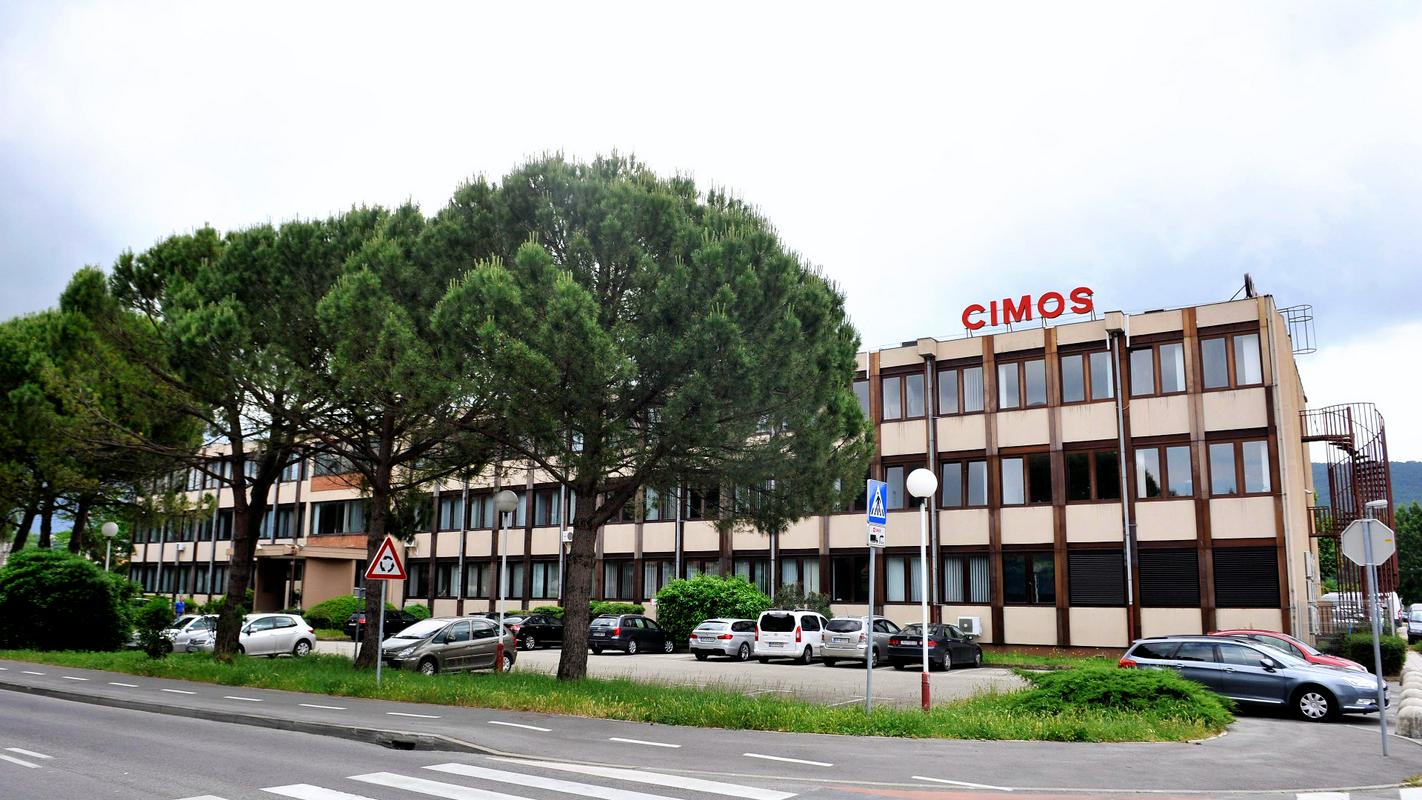
According to the fund, the postponed conditions were not met by the January 31 deadline, which makes all the agreed-to takeover documentation invalid. “In the past week, various politicians have stated that TCH Cogeme and its owner, the Palladio Finanziaria fund, have not issued a formal intention to withdraw from the sale. Because the preconditions had not been met, they are not required to do so,” the company stated in a press release.
Last week, representatives of the Slovenian Economy Ministry and the sellers, led by the Bank Assets Management Company (DUTB), insisted that talks are underway, even after the Italian fund had announced its decision to withdraw from the bid.
The Secretary of the Regional Metalworkers and Electricians Labor Union Sašo Ristič spoke to Radio Slovenia and reiterated his disappointment and anger about the incompetence of the sellers. He added that they should be held responsible for the failure of the takeover bid.
Han would sit down with DUTB and SDH
The fund’s confirmation was met with criticism of the sellers from both the opposition and the coalition parties. The head of the SD parliamentary group Matjaž Han emphasized that another buyer will be difficult to find.
He believes that the government must obtain all the necessary information from the DUTB “bad bank” and the Slovenian Sovereign Holding (SDH) about the nature of the negotiations and the contracts that were being discussed. “If the sale falls through – and this seems likely to happen --, we will have to look at those responsible in DUTB and SDH,” said Han. He added that the responsible must “know a lot, but if they don’t know the answers, they aren’t competent to do their jobs and must leave their positions.”
He also called on the government to issue a first-hand explanation of the current situation and what they can expect. “If this opportunity is lost, it’s our own fault,” stressed Han and added that the National Assembly should help out, even by changing the relevant legislation if necessary.
Mesec: Privatization is not the solution
Alenka Bratušek of the Alliance called on the government to do whatever it can to save jobs. “If we create several hundred jobs somewhere else, we haven’t done anything as long as we’re losing more than 4000 jobs here,” she said. She believes that the government did too little, and is holding DUTB, SDH, the Ministry if the Economy, and the Prime Minister responsible.
She explained that she knows nothing about the so-called Plan B for saving Cimos, but she hopes that the government has one.
The United Left also issued a statement. The head of its parliamentary group, Luka Mesec, believes that the withdrawal of the fund has shown that privatization is not the solution for the company. The group demanded an urgent meeting of the Economy Committee; they also plan to present their view of possible solutions and the ultimate responsibility at a press conference on Tuesday.
Marić continues to talk about signing an agreement
The Croatian Metallurgy Labor Union has still not received an official notification that the fund no longer intends to purchase a 92-percent share in Cimos, said the Union President Vedran Dragičević. Dragičević drew attention to today’ statement of the Croatian Minister of State Property, who did not mention TCH Cogeme’s intention to withdraw from the deal. (The Italian Palladio Finanziaria fund would have entered Cimos via TCH Cogeme.)
Dragičević believes that Cimos’ plants in Croatia may be able to continue their work in accordance with Croatian legislation, but that the union will wait for the resolution of the negotiations.
Marić reiterated today that Croatia will sign an agreement with Slovenia to settle Cimos’ dispute in Croatia. Marić gave his statement before the Italians confirmed their withdrawal from the deal. Meanwhile, Marić stated that he plans to talk with Slovenia’s Economy Minister Zdravko Počivalšek early this week to discuss the agreement and the timeframe of the contract signing.
Controversial preconditions withdrawn, but the deal still fell through
Among the postponed conditions, the key condition was the successful agreement between Cimos and the Croatian Agency for Deposit Insurance and Bank Resolution (DAB). DAB had sued Cimos for 57 million euros. According to DAB, that was the amount of Cimos’ debt from interest after it had borrowed 20 million euros for a factory in Buzet from Riječka Banka.
Počivalšek and Marić managed to come to an agreement just before the January 31 deadline. The Croatian government confirmed an agreement that would have required DUTB to pay seven million euros for debts owed to Croatia’s DAB. But the agreement was followed by an unforeseen turn of events, when Croatia suddenly demanded that the Italians not be allowed to lay off anyone from Cimos’ Croatian companies for a period of two years, even though the initial agreement had stipulated a one-year firing ban. The new conditions were unacceptable to the Italian fund.
Further negotiations followed. They ended last week and the controversial conditions were removed from the proposed agreement. The Economy Ministry believed that, with the agreement between Slovenia and Croatia, there were no further hurdles to the deal.
A. Č.
Translated by J. B.

































































